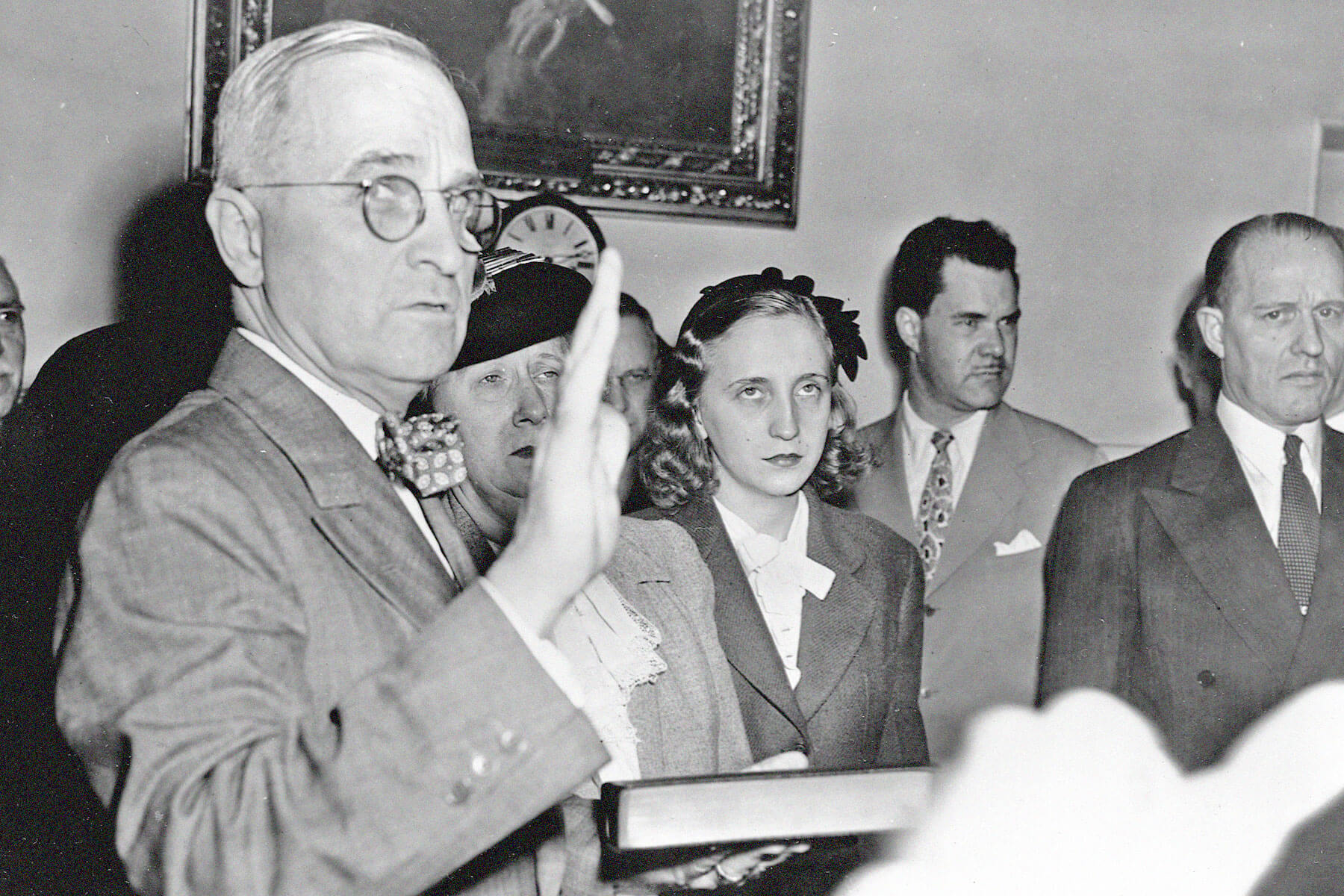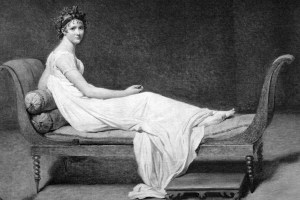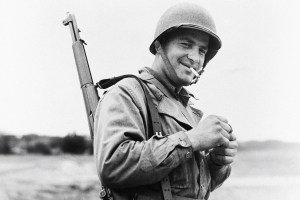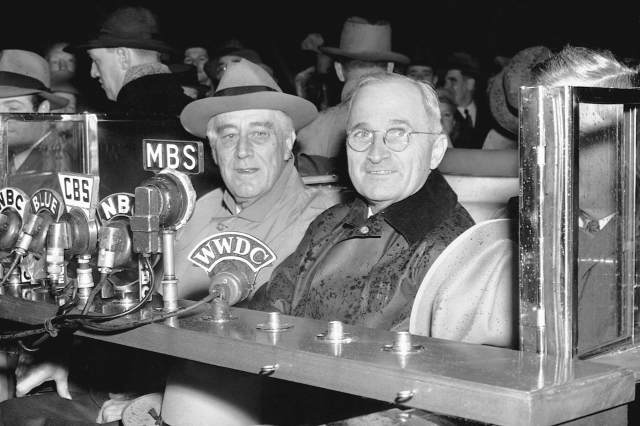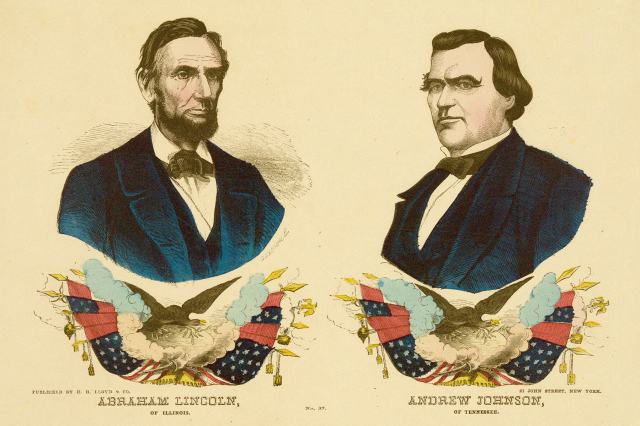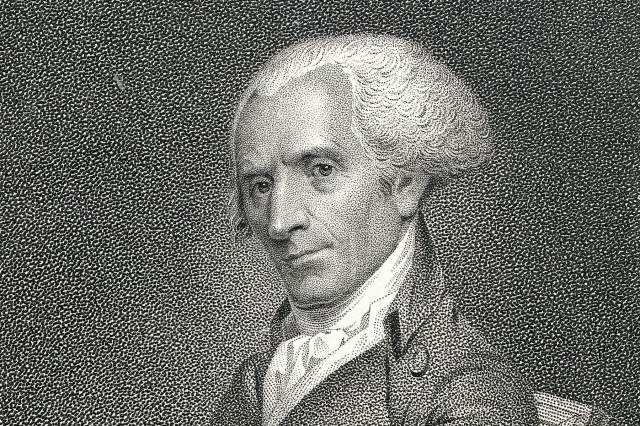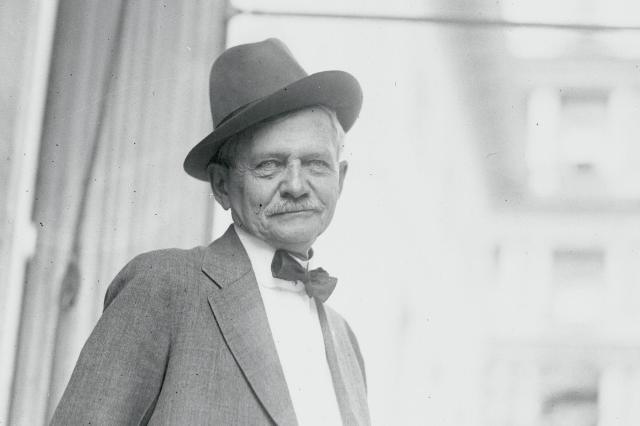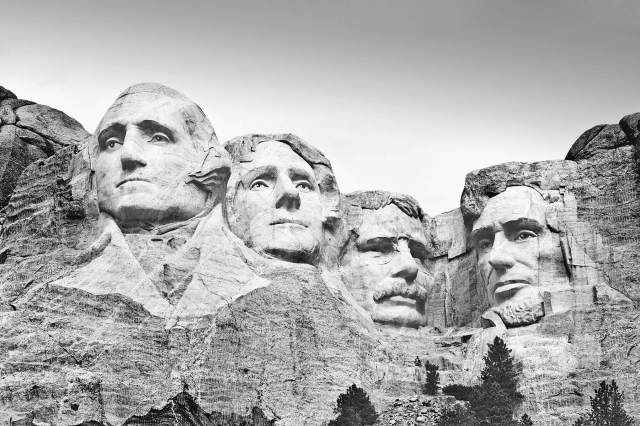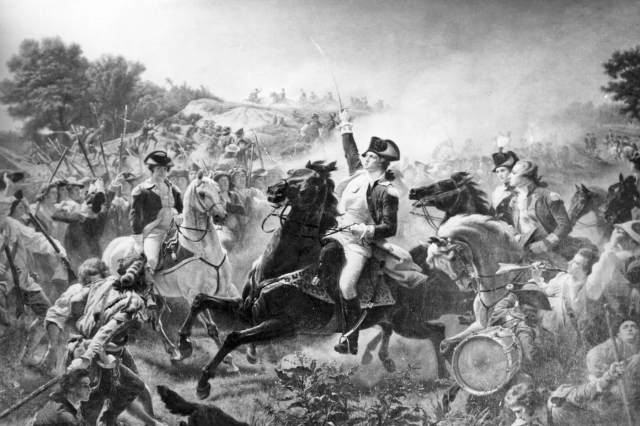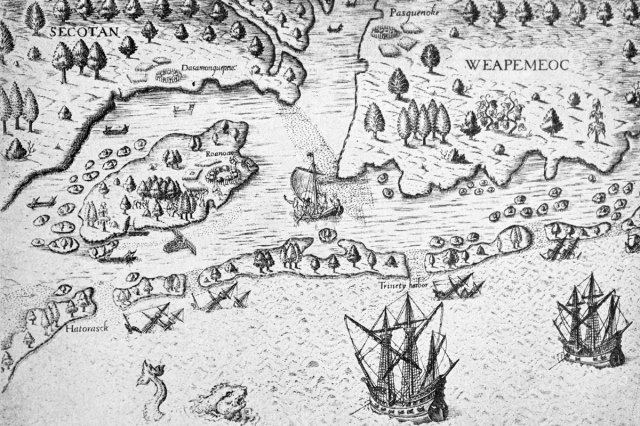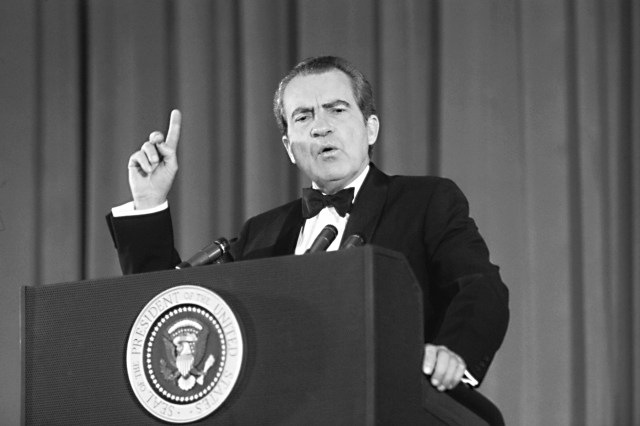History’s Most Surprising Vice President Picks
Despite being only one degree away from the presidency, the Vice President of the United States has long been viewed as an inauspicious position. John Adams called it “the most insignificant office that ever the invention of man contrived or his imagination conceived.” And when Theodore Roosevelt had a noisy chandelier removed from the White House, he ordered, “Take it to the office of the Vice President. He doesn’t have anything to do. It will keep him awake.”
But the Vice President is one step of succession away from the Oval Office, and that simple fact lends weight to the selection. That weight can, in turn, make for some surprising results. These are some of the more unexpected U.S. Vice Presidents to take office.

Theodore Roosevelt as William McKinley’s VP
In 1899, in the months leading up to William McKinley’s 1900 reelection campaign, Vice President Garret Hobart began suffering from symptoms of a severe heart condition, including fainting spells. Though Republican Senator Mark Hanna tried to assure the public that “nothing but death or an earthquake can stop the re-nomination of Vice President Hobart,” the former seemed to be exactly the concern. Unfortunately, Hobart’s health worsened, and he died on November 21, 1899. And McKinley found himself unexpectedly looking for a running mate for reelection.
At the time, Theodore Roosevelt was serving his first year as governor of New York, and immediately emphasized a slate of reforms that put him at odds with the establishment in his own party. Republican Party bosses realized that they could effectively remove “that damned cowboy” (as Hanna referred to Roosevelt) from New York politics by nominating him as McKinley’s running mate. Roosevelt realized the political exile the vice presidency would entail, and argued against his nomination. Hanna, for his part, was vehemently opposed to the idea of Roosevelt as Vice President, at one point pleading, “Don’t any of you realize that there’s only one life between that madman and the presidency?”
The strangely aligned Roosevelt and Hanna were both unable to stem the tide, and the tally at the 1900 Republican National Convention concluded with 929 of a possible 930 votes in favor of Roosevelt as Vice President. The count was not unanimous only because there was one delegate who abstained from voting: Theodore Roosevelt himself. There was no choice but to accept the nomination, and party boss Thomas Platt quipped that he would attend McKinley’s second inauguration just “to see Theodore take the veil.” But Hanna’s warning would prove prescient just one year later, when McKinley was shot and killed, and Roosevelt assumed the presidency.





